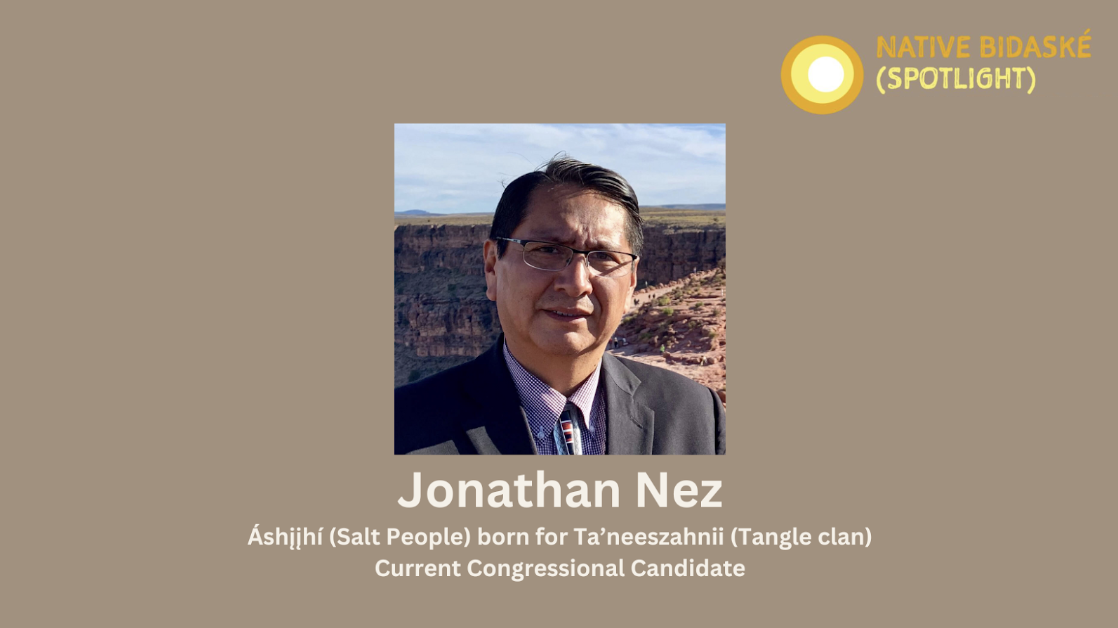
- Details
- By Native News Online Staff
Nez is poised to make history as the first Native American congressman for the state of Arizona. With a distinguished tenure as the former president of the Navajo Nation, he has a proven track record of leadership and advocacy for issues critical to tribal communities.
Residing in Flagstaff with his family, he embodies the values of Arizona’s diverse communities. Nez intimately understands the unique challenges facing rural communities. Leveraging his established relationships in Washington, he pledges to navigate bureaucratic hurdles and channel vital resources back to his constituents.
With deep roots in Arizona’s cultural tapestry, Nez’s commitment to public service began early, marked by roles such as Vice President of the Shonto Chapter and later serving on the Navajo Nation Council and County Board of Supervisors. During his tenure as Vice President and President of the Navajo Nation, he steered his people through the COVID-19 crisis, spearheading improvements in healthcare, public safety, and infrastructure.
⭕️REMINDER: Register to vote and cast your ballot on November 8th ⭕️
Tune into Native Bidaské LIVE this Friday, May 10th at Noon ET on Native News Online's Facebook, X (Twitter), or YouTube channel.
More Stories Like This
Native News Weekly (August 25, 2024): D.C. BriefsUS Presidents in Their Own Words Concerning American Indians
Federal Judge Orders ICE to Halt Use of Pepper Spray, Arrests of Peaceful Protesters in Twin Cities
Tunica-Biloxi Cultural Leader John D. Barbry Walks On
Next on Native Bidaské: Federal ICE Activity in Minneapolis: Ruth Buffalo’s Perspective
Help us defend tribal sovereignty.
At Native News Online, our mission is rooted in telling the stories that strengthen sovereignty and uplift Indigenous voices — not just at year’s end, but every single day.
Because of your generosity last year, we were able to keep our reporters on the ground in tribal communities, at national gatherings and in the halls of Congress — covering the issues that matter most to Indian Country: sovereignty, culture, education, health and economic opportunity.
That support sustained us through a tough year in 2025. Now, as we look to the year ahead, we need your help right now to ensure warrior journalism remains strong — reporting that defends tribal sovereignty, amplifies Native truth, and holds power accountable.
 The stakes couldn't be higher. Your support keeps Native voices heard, Native stories told and Native sovereignty defended.
The stakes couldn't be higher. Your support keeps Native voices heard, Native stories told and Native sovereignty defended.
Stand with Warrior Journalism today.
Levi Rickert (Potawatomi), Editor & Publisher


